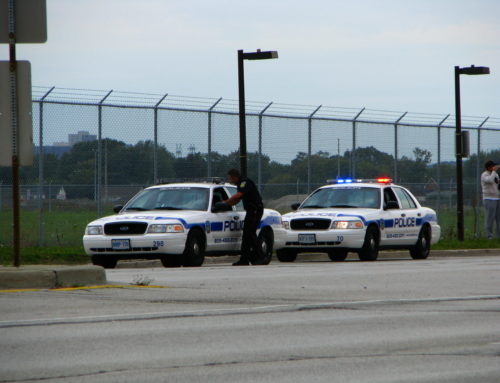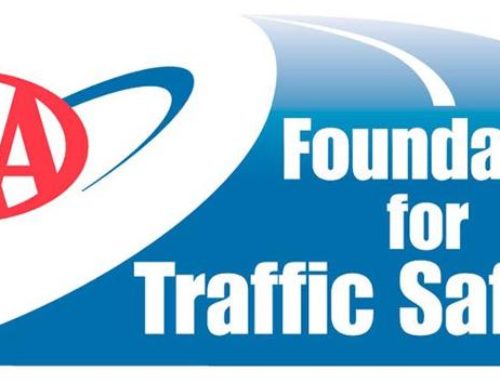A new study has determined that stiffer penalties for underage drinkers are helping lower the number of fatalities related to drunk driving. Backed by the Substance Abuse Policy Research Program of the Robert Wood Johnson Foundation, the analysis reveals that state legislation restricting the possession or purchase of alcohol for those below age 21 has resulted in 11 percent less drunk driving automobile accidents among people in this category. Additionally, states imposing firm laws against the use of fake IDs have documented a seven percent reduction in alcohol-induced traffic deaths for those under 21.
The authors behind the report stress that the underage drinking laws and ID practices differ from state to state. This is puzzling considering that since 1988, (after a federal law went into effect in 1984 that raised the minimum drinking age to 21) every single state has enforced the two essential pieces of legislation illegalizing the actions of buying and possessing alcohol for anyone below 21.
A few states have willingly instituted enhanced disciplinary measures to deter underage drinking. For instance, some have cracked down on stores and adults that provide alcohol to minors, while others have lowered the legal blood alcohol content limit for drivers. Further examples of deterrent methods include key rental registration, fake ID screening, minimum server/seller ages, nighttime curfews for young drivers, and license suspensions for underage alcohol infractions.
This study analyzed the 16 underage drinking laws of utmost significance and found that not one state in the union has enacted all 16. There is also a large discrepancy between what some states are willing to do to curb underage drunk driving in comparison to others; Utah’s government has approved 15 out of 16 laws, while Kentucky’s has only established six of them.
This report was published at a pivotal time, as many state legislatures are debating whether to lower the drinking age back to 18 for military personnel and/or all civilians. Although the current laws by no means have the ability to eliminate all underage drinking and driving, the data obtained shows that they are, in fact, effective in reducing the number of incidents of this kind. Changing the drinking age to 18 could essentially erase the progress that this legislation has made in terms of lowering the drunk driving fatality rate.






